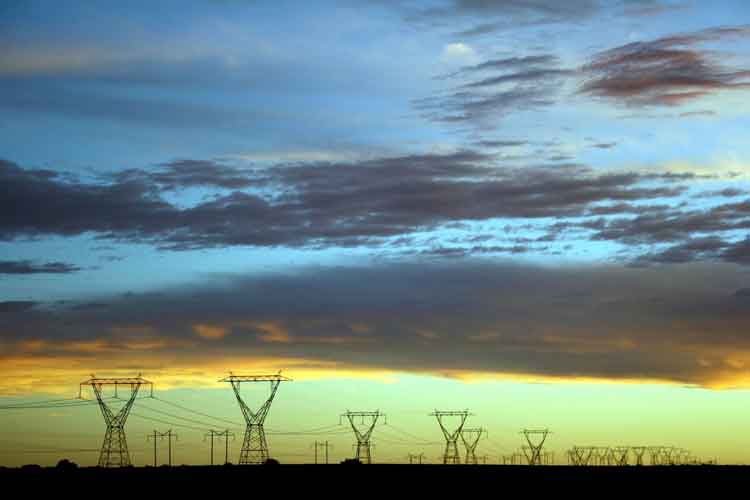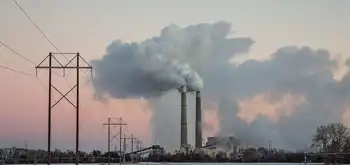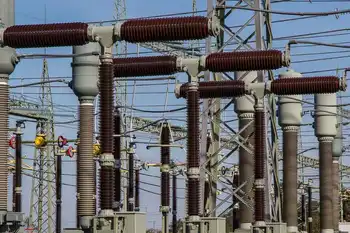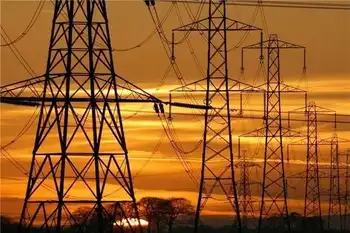Power plants for LNG supplies proposed
By Industrial Info Resources
NFPA 70e Training
Our customized live online or in‑person group training can be delivered to your staff at your location.

- Live Online
- 6 hours Instructor-led
- Group Training Available
The power projects in the African nation are likely to be coal- or gas-based, with the decision being taken depending on availability of fuel. Company officials have indicated that the talks are still in the early stages.
The Republic of Ghana, located in Western Africa, is endowed with natural resources such as oil, gas, manganese, bauxite and diamonds. As part of its national budget for 2010, the government has announced an oil and gas development plan. The policy is expected to create a sustainable platform to develop the country's oil and gas resources. The International Monetary Fund predicts that Ghana's hydrocarbon reserves have the potential to generate federal revenues of about $1 billion per year for a 20-year period.
Earlier, NTPC previously signed a memorandum of understanding with the Nigerian government to set up power plants in the country. In return, NTPC sought about 3 million tons per year of LNG. As part of the deal, NTPC had agreed to build 500-megawatt (MW) coal-based and 700-MW gas-fired power plants in Nigeria, train 30 Nigerian engineers, and set up a state-of-the-art training center.
The deal also included refurbishment of a 200-MW unit of a 1,320-MW thermal power plant in the country.
However, the company's plans were thwarted after the federal government changed. Subsequently, as part of the cabinet reshuffle, two ministers involved in the deal were replaced. The agreement with Nigeria was critical to convert the fuel feed for NTPC's 350-MW Kayamkulam plant in Kerala to gas, and also to go ahead with the 1,950-MW planned expansion of the power plant. NTPC's efforts to seek LNG supplies from Yemen were also unsuccessful.
NTPC has been exploring the possibility of striking similar deals with countries that supply natural gas to meet its demand of 16 million standard cubic meters per day. The growing global LNG demand-supply deficit has forced the company to secure supplies from the spot market. Long-term agreements are becoming difficult to obtain demand for LNG exceeding supply.
Experts indicate that this strategy will give an edge to NTPC in comparison to Chinese energy firms. India and China have been aggressively seeking fuel supplies from the African continent to meet growing domestic fuel demands. Africa has now become the focus of attention as it holds about 10% of the world's hydrocarbon reserves. NTPC requires gas to operate eight power plants with a total installed capacity of 4,695 MW.
The power plants have been operating below optimal utilization levels because of a shortage of fuel. Currently, NTPC's total installed electricity generating capacity is about 39,144 MW, with plans to reach 50,000 MW by 2012.
In a recent development, NTPC signed an agreement to purchase 1.2 million tons of LNG at the rate of $11 per million British thermal units (Btu). This price includes the procurement cost of $8.5 million, as well as shipping, landing, local taxes and re-gasification costs. The LNG will be imported from Australia's Gorgon gas fields and delivered to the Kayamkulam power plant. NTPC signed the agreement with Indian Oil Corporation Limited, GAIL India Limited and Bharat Petroleum Corporation Limited.
These companies are the primary purchasers of 2.5 million tons per year of LNG from Gorgon for 20 years. The LNG will be imported through the export terminal currently under construction in Kochi. The re-gasified LNG will then be transported to NTPC's power plant through GAIL India's 110-kilometer undersea pipeline network. Petronet LNG Limited is constructing the LNG terminal, which is expected to be completed in 2012.











